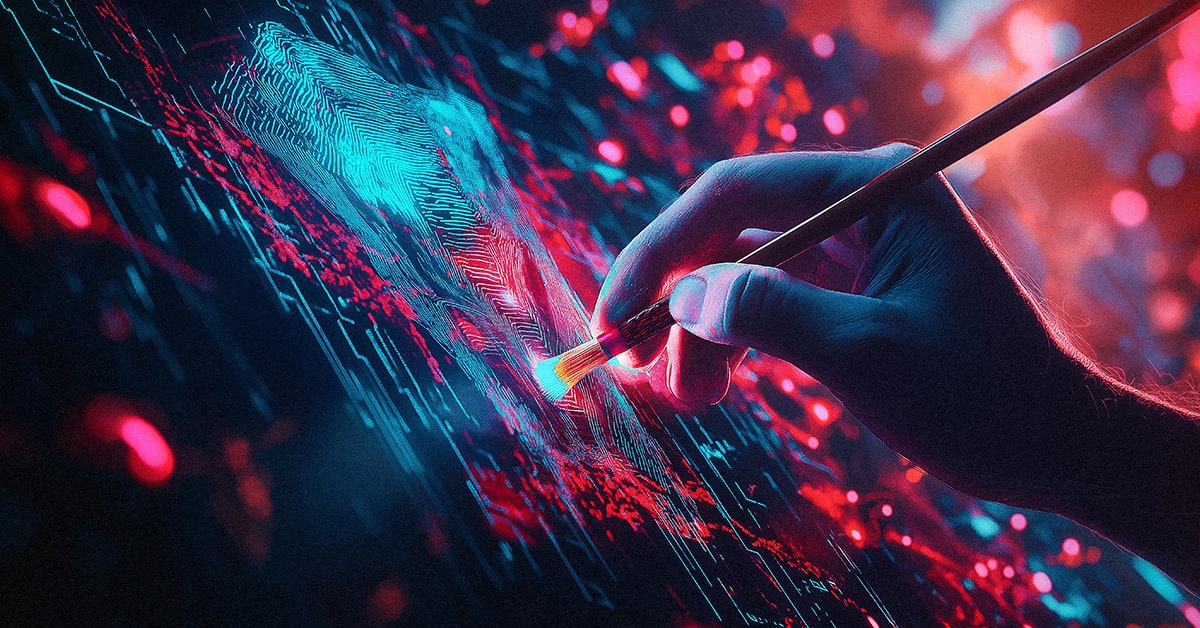“Everyday decision-making around the world is constantly based on what came before us.”
– Steve Berry
AI in criminal justice—a visual with robocops patrolling the streets, and an AI judge presiding over courtrooms may pop into our heads. We may not be that futuristic yet, but AI is transforming the criminal justice system in ways that even science fiction writers couldn’t have predicted.
From predictive policing to facial recognition, AI is helping law enforcement agencies prevent and solve crimes faster and more efficiently than ever before. But what does this mean for the future of criminal justice? Will algorithms replace human judges, or will AI-powered detectives work alongside human counterparts?
As with any new technology, there are both potential benefits and concerns. On the one hand, AI can help identify patterns of criminal activity that might not be immediately apparent to human investigators. On the other hand, there are concerns about bias and the potential for abuse by law enforcement agencies.
But one thing is certain: The use of AI in criminal justice is here to stay. So, whether you’re excited about the possibilities or worried about the implications, it’s important to stay informed about this rapidly evolving field. Join us as we delve into the world of AI and criminal justice, exploring its potential, its pitfalls, and its impact on the future of law enforcement.
Ethical concerns in brief
As exciting as the use of AI in criminal justice may be, it’s important to remember that it’s not all fun and games. There are some serious ethical concerns to consider when it comes to using algorithms to make decisions that can have life-altering consequences.
One of the biggest concerns is the potential for bias. Because AI is only as good as the data it’s trained on, there is a risk that it will perpetuate existing biases and discriminatory practices. This can lead to unfair outcomes for marginalized groups and perpetuate injustices in the criminal justice system.
Another concern is the lack of transparency in how AI systems make decisions. It can be difficult for humans to understand how a machine learning algorithm arrived at a particular decision, which makes it challenging to identify and correct errors or biases.
Finally, there are concerns about privacy and surveillance. The use of facial recognition and other AI-powered surveillance technologies raises questions about the right to privacy and the potential for abuse by law enforcement agencies.
As this technology continues to evolve and become more widespread, it’s essential that we address these concerns and ensure that AI is being used in an ethical and responsible manner.
The impact of building AI for criminal justice systems based on biases
AI in criminal justice may sound like a modern-day innovation, but it turns out that this technology has some seriously outdated ideas. That’s because many of the algorithms used in criminal justice are based on historical data, which means they may be perpetuating biases and injustices from the past.
For example, algorithms used to predict recidivism rates (the likelihood that a defendant will re-offend) have been found to have racial biases. This is because the data used to train these algorithms reflects historical patterns of discrimination in the criminal justice system, such as disproportionate arrests and convictions of people of color.
Similarly, facial recognition algorithms have been found to be less accurate when identifying people with darker skin tones, which can have serious consequences for people who are wrongly identified as suspects in criminal investigations. One of the first known examples of this case is of Robert William. He is an African American man who was arrested after a facial recognition system mistakenly matched his photo to a thief; he was held overnight and traumatized by his experience. His story serves as a reminder of the harm that flawed facial recognition technology can do to society.
Another example that demonstrates the potential of this technology is the Correctional Offender Management Profiling for Alternative Sanctions. It is an algorithm used to predict the likelihood of a defendant re-offending. It considers factors like criminal history and demographics to assign a risk score, but is biased against Black defendants, predicting a higher risk of re-offending than is actually the case. While this technology can be useful in predicting and preventing crime, it’s essential that we address the biases and ethical concerns that can arise.
Addressing the concerns
As it turns out, we can’t just sit back and hope that the ethical concerns surrounding AI in criminal justice will magically disappear. Thankfully, there are several initiatives underway to address these issues and make sure that AI is being used in a fair and just manner.
For example, some researchers are working on developing algorithms that are less reliant on historical data and more transparent in their decision-making processes. These algorithms could help to reduce bias and ensure that AI is being used to promote fairness in the criminal justice system.
Meanwhile, some organizations are pushing for more oversight and regulation of AI in criminal justice. For instance, the AI Now Institute has called for a moratorium on the use of facial recognition technology in law enforcement until the technology has been thoroughly evaluated and any biases have been addressed.
Other initiatives include efforts to increase diversity in the tech industry, which could help to ensure that AI is being developed and implemented by a more diverse group of people with a wider range of perspectives and experiences.
Ultimately, there’s still a long way to go before we can say that AI is being used in criminal justice in a truly ethical and just manner. But these initiatives give us hope that we can work towards a more fair and equitable system, one algorithm at a time. It requires a multi-pronged approach that involves collaboration between researchers, policymakers, civil society groups, and other stakeholders. By working together, we can help ensure that AI is being used in a way that reflects our shared values of justice, fairness, and human dignity. So let’s boldly go where no AI has gone before, and create a future that we can all be proud of!








